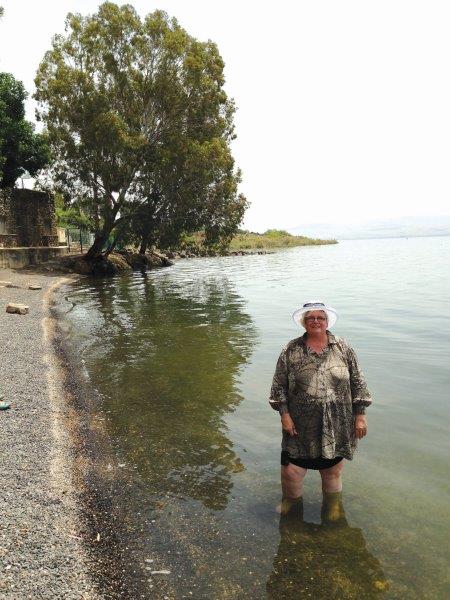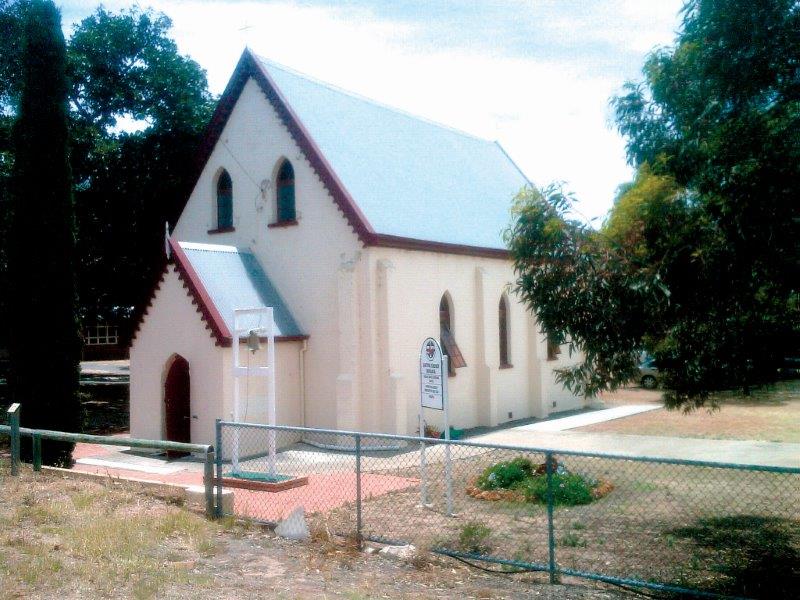
I recall being told once upon a time my name, translated, means ‘reckless bravery’. Is that why? So I ask. No, it’s because of my involvement with emergency services and disaster response. Ah, but what has courage to do with that?
While away on holidays I have heard the Word and took notice of the context. A young girl shot because she was going to school was called brave. A woman swimming from Cuba to Florida without a shark cage was called brave. A bystander jumping into the sea to help a person who had fallen off the rocks; a rescue crew responding to a road accident; fire fighters responding to bush fires; a young child suffering a terminal brain tumour; a kayaker trapped on an island by a crocodile; a solo bicycle rider travelling around Australia on roads shared with B-triples; someone walking across the Great Sandy Desert to raise funds for cancer research… the list continues.


